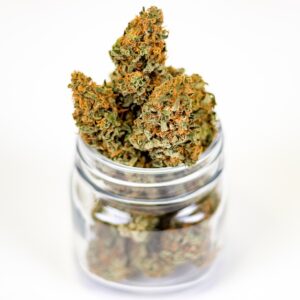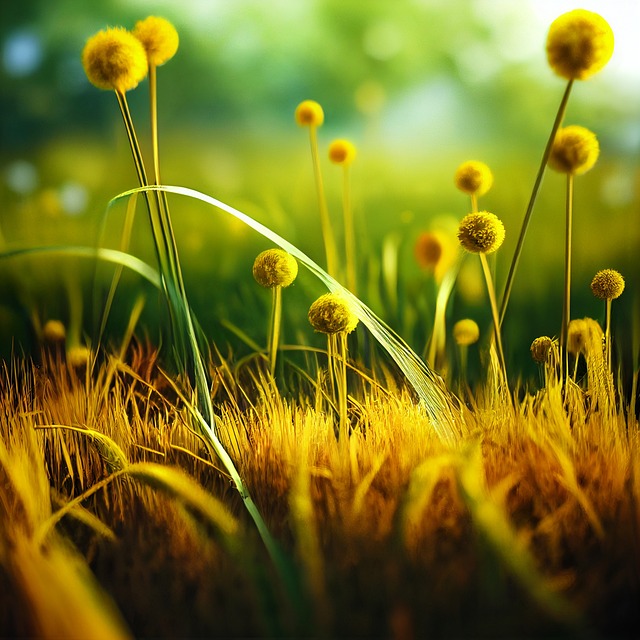
TL;DR: THCA flower, a non-psychoactive form of cannabis, is gaining recognition for its therapeutic benefits, as evidenced by lab reports highlighting its active compound THCA and its role in the entourage effect. This effect is the synergistic interaction between cannabinoids and terpenes within the plant, enhancing potential health benefits for conditions like pain, anxiety, and neurological disorders. Lab reports are pivotal in assessing THCA flower's safety and consistency, aiding both consumers and manufacturers in making informed choices. These reports contain detailed analyses of THCA concentrations using advanced methods like Gas Chromatography-Mass Spectrometry (GC-MS), ensuring users can optimize their experience based on precise and reliable data. The cultivation process of premium THCA flower involves careful strain selection, replicating native environments with controlled conditions, and implementing sustainable practices such as Integrated Pest Management (IPM). Rigorous quality control, including comprehensive lab testing for cannabinoid content, terpene profiles, and contaminant safety, is essential to meet high industry standards.
Exploring the intricate world of cannabinoids, this article delves into the multifaceted nature of THCA (Tetrahydrocannabinolic Acid) Flower, a non-psychoactive precursor to THC. From its scientific makeup to cultivation practices, therapeutic benefits, and consumer safety, we unravel the potential of THCA Flower through comprehensive insights and expert lab reports. Join us on this enlightening journey as we cover everything from optimal growth conditions to the legal considerations that shape its availability. Whether you’re a seasoned cannabis enthusiast or new to the scene, this article promises to equip you with a deep understanding of THCA Flower, ensuring you make informed decisions about its use and cultivation.
- Unlocking the Potential of THCA Flower: A Comprehensive Overview
- The Science Behind THCA Flower: Lab Reports Decoded
- Cultivation Excellence: Growing Premium THCA Flower
Unlocking the Potential of THCA Flower: A Comprehensive Overview
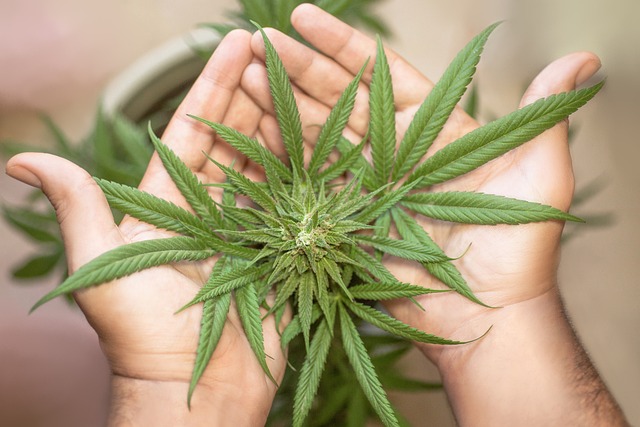
THCA flower, or tetrahydrocannabinolic acid flower, is a raw cannabis product that holds significant potential for both medicinal and recreational use. As research unfolds, lab reports on THCA flower have provided valuable insights into its effects and properties. These lab reports demonstrate that THCA, the acidic precursor to THC (tetrahydrocannabinol), possesses a unique set of therapeutic qualities without the psychoactive effects associated with its decarboxylated form. The entourage effect, a concept highlighting the synergistic interactions between cannabinoids and terpenes within the plant, is particularly pronounced in THCA flower. This effect contributes to its efficacy and can influence everything from pain management to mood enhancement.
Consumers and researchers alike are intrigued by the therapeutic applications of THCA flower, as evidenced by an increasing number of studies. These studies explore its potential in managing inflammation, reducing anxiety, and alleviating various neurological conditions. The availability of comprehensive lab reports on THCA flower tips ensures consumers can make informed decisions about its use, while also guiding manufacturers in producing consistent and safe products. As the body of research grows, so too does our understanding of how this cannabinoid can be harnessed to unlock its full potential, setting a new standard for cannabis-derived wellness solutions.
The Science Behind THCA Flower: Lab Reports Decoded
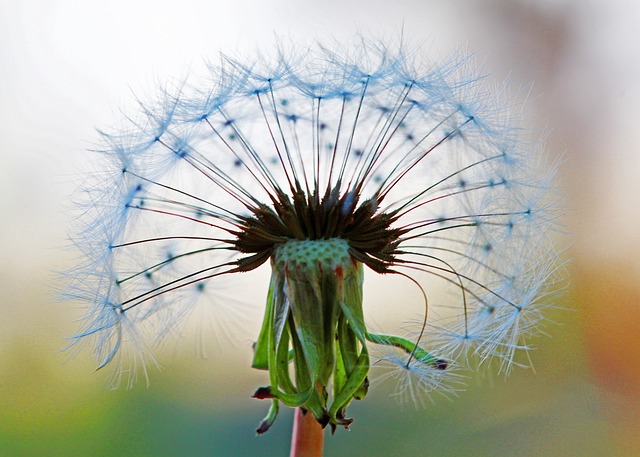
THCA flower, rich in tetrahydrocannabinolic acid (THCA), is a non-psychoactive cannabinoid found abundantly in raw cannabis plants. The science behind understanding THCA’s potential effects and benefits hinges on comprehensive lab reports that decipher its molecular structure and interactions within the body’s endocannabinoid system. These lab reports, often overlooked by consumers, are pivotal for gaining insights into the true nature of the cannabis plant. They detail the concentration of THCA within the flower, providing a quantitative measure that informs users about the potency they can expect once the plant is properly decarboxylated to produce psychoactive THC.
The analytical process for obtaining these lab reports involves sophisticated chromatography techniques, such as Gas Chromatography-Mass Spectrometry (GC-MS), which accurately identify and quantify cannabinoids, including THCA, in the flower. These reports are not mere documentation; they serve as a roadmap for consumers to make informed decisions about product potency, safety, and efficacy. By understanding the lab report data, users can tailor their cannabis consumption experiences to their specific needs, whether it’s for therapeutic purposes or recreational enjoyment. The THCA flower lab reports thus bridge the gap between the plant’s potential and its practical application, ensuring that users have a reliable basis for making educated choices about their cannabis use.
Cultivation Excellence: Growing Premium THCA Flower
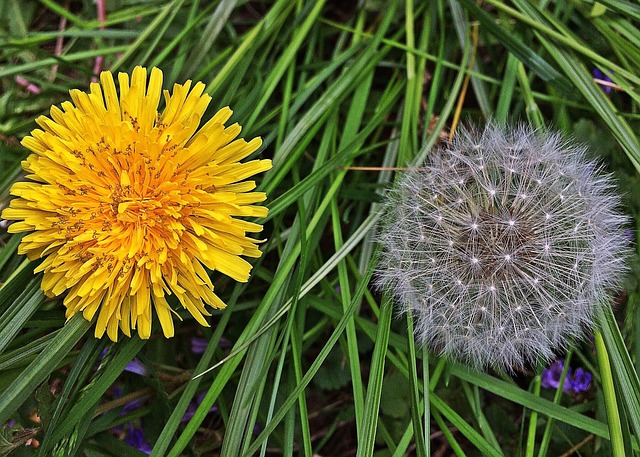
When it comes to cultivating premium THCA flower, excellence in growth conditions and adherence to stringent quality controls are paramount. The journey to producing top-tier THCA flowers begins with selecting the right strain and ensuring a controlled environment that mimics its ideal growing conditions. These plants thrive under specific light spectra and temperatures that can influence the potency and terpene profile of the final product.
Cultivators must also employ advanced horticultural techniques, including precise nutrient delivery systems and optimal soil health practices, to ensure the plants have everything they need to flourish. The use of Integrated Pest Management (IPM) strategies not only safeguards the crops from pests but also aligns with a sustainable cultivation practice.
Laboratory testing is a cornerstone in maintaining cultivation excellence for THCA flowers. Lab reports provide critical data on cannabinoid content, terpene profiles, and contaminant levels. These lab results not only ensure compliance with regulatory standards but also guarantee the safety and efficacy of the product for consumers. By leveraging these detailed lab reports, growers can fine-tune their cultivation methods to produce consistently high-quality THCA flowers that meet the highest industry standards.
THCA flower lab reports offer a scientifically rigorous glimpse into the potential of this budding plant. As detailed in “Unlocking the Potential of THCA Flower: A Comprehensive Overview,” understanding its properties is crucial for both medical and recreational users. The cultivation insights from “Cultivation Excellence: Growing Premium THCA Flower” ensure that enthusiasts can yield high-quality harvests, replicating the conditions necessary for optimal growth. With this knowledge in hand, consumers and growers alike are well-equipped to make informed decisions regarding the use and cultivation of THCA flower. As the industry continues to evolve, the data from lab reports will remain a cornerstone for innovation and education, solidifying the role of science in unlocking the full potential of this remarkable plant.
